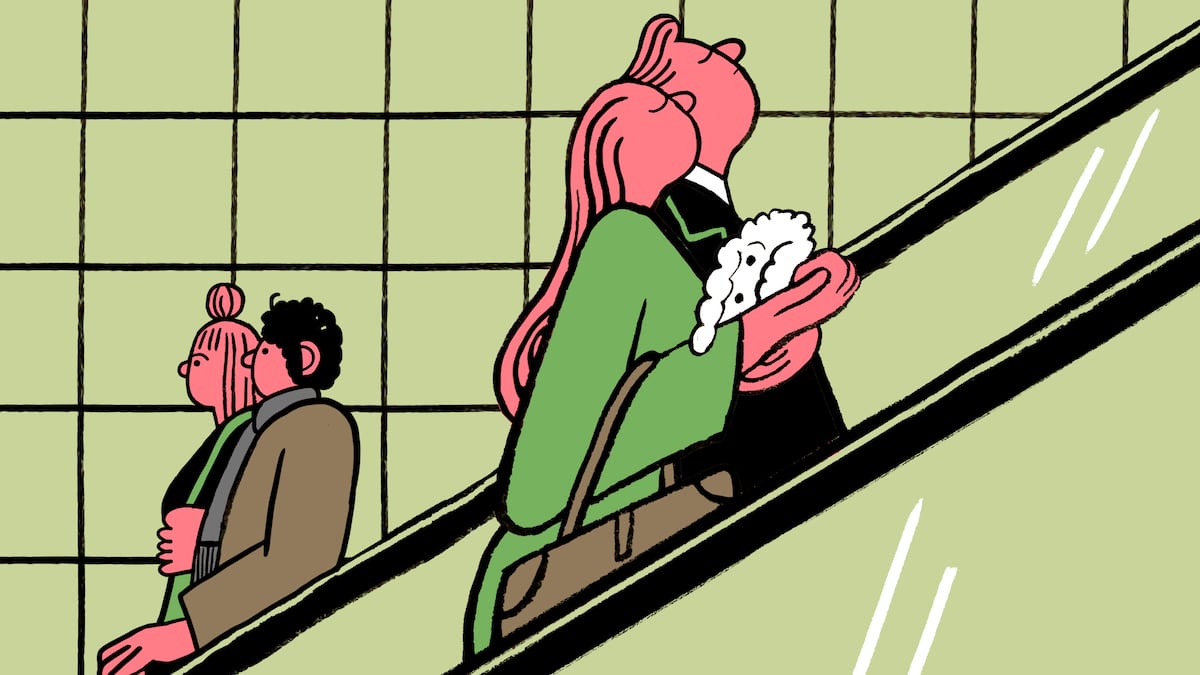
"Social class permeates all aspects of life, and love is no exception. In Spain, for instance, couples don't form randomly; rather, they're typically determined by socioeconomic factors. This means that people tend to partner with those most similar to themselves in terms of income and wealth. And, at the top of the social ladder, this tendency intensifies. Those who earn and have the most assets find each other with a frequency three times greater than would occur in a society where relationships were completely random."
"Silvia de Poli, a researcher affiliated with the Complutense University of Madrid, analyzed microdata from the Spanish Ministry of Finance and Spain's National Institute of Statistics (INE), in order to answer a question as simple as it is powerful: what would happen to inequality if relationships were formed randomly, such as if people's names were drawn from a lottery? The answer is clear. If this were the case, the economic gap would narrow, both in terms of income and wealth."
Microdata from the Spanish Ministry of Finance and the National Institute of Statistics indicate that couples in Spain typically assort by socioeconomic status, with the wealthiest pairing about three times more often than would occur under random matching. Simulations compared three scenarios: purely random pairing, perfect homogamy (richest with richest, poorest with poorest), and complete heterogamy (top with bottom). Random pairing would reduce income and wealth gaps. Due to data limits, the simulations used heterosexual couples only and ranked individuals into ten equal groups to observe interaction patterns; Spain approximates the homogamy scenario, reflecting selective marriage.
Read at english.elpais.com
Unable to calculate read time
Collection
[
|
...
]